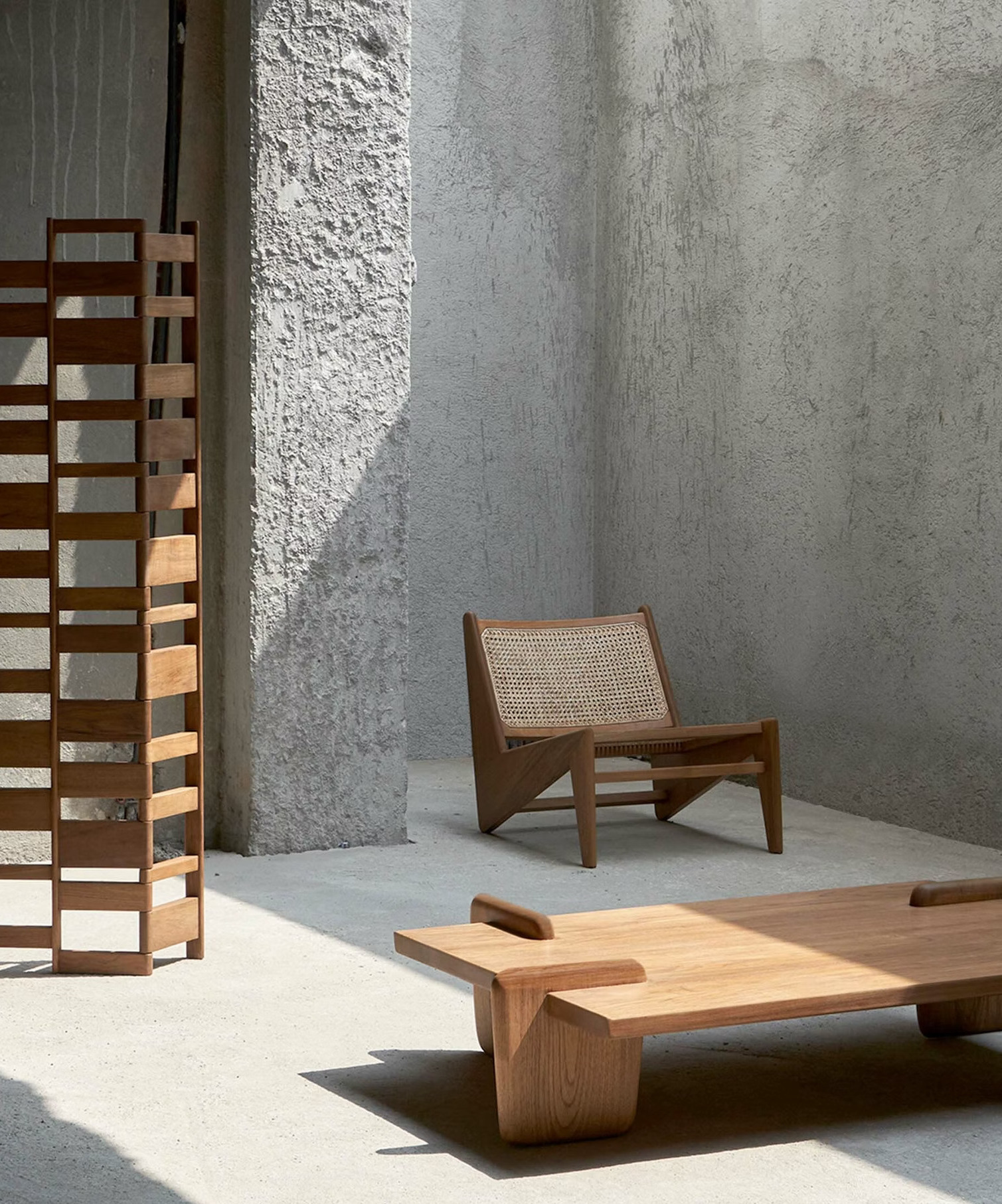Home furnishing service
As specialist retailer of Scandinavian & European furniture but firmly rooted in our Asian location, we are proud to deliver our personalised, tailored FF&E interior furnishing service for all designers and customers in Asia.
We aim to serve as a creative destination for the local design community – being the intersection between the Nordics and Asia, helping good designs find good homes.
Our style advisory service covers everything from site visits, mood board, project budgeting & procurement, logistics management and down to the final styling touch. We will be guiding you through every sensory detail at home from seating to lighting, wall finishes, completing with our very own touch with decor accessories such as art & objects, bathroom amenities & home fragrance within the Wool universe.
It’s very exciting for us to get more involved in interior projects and build homes with furniture being the main character in the space, rather than an afterthought. We are very grateful to have passionate customers who resonate with our warm, soft minimal aesthetics so much to recreate the same in their homes, and exciting to unveil more of our FF&E projects soon.























